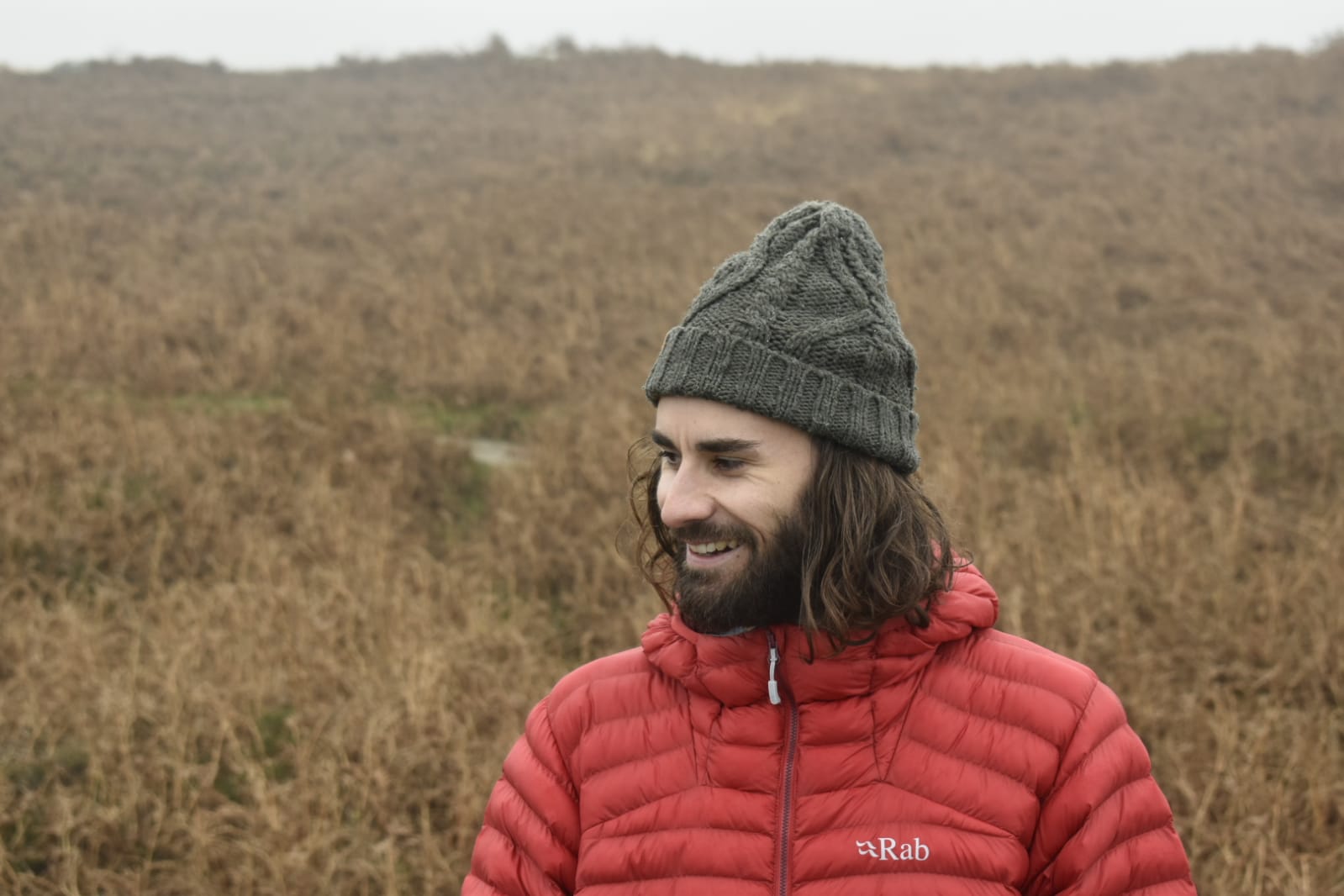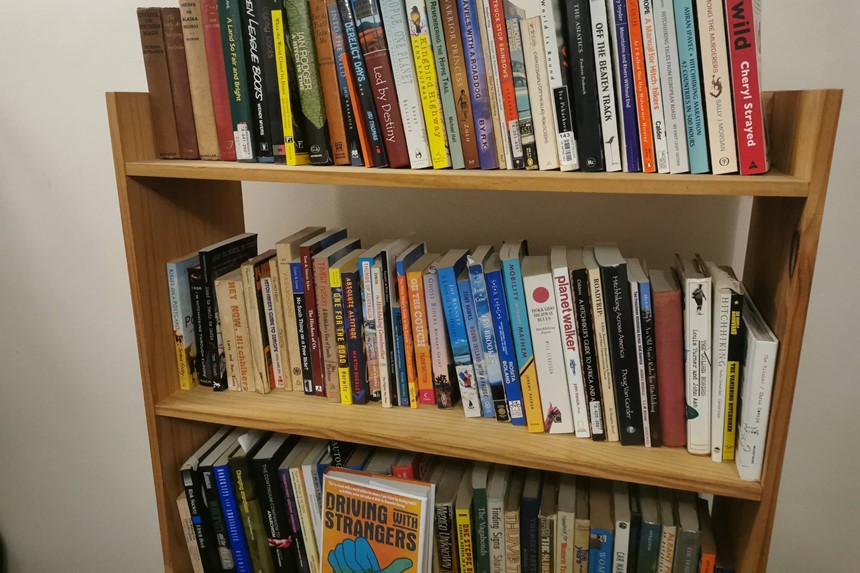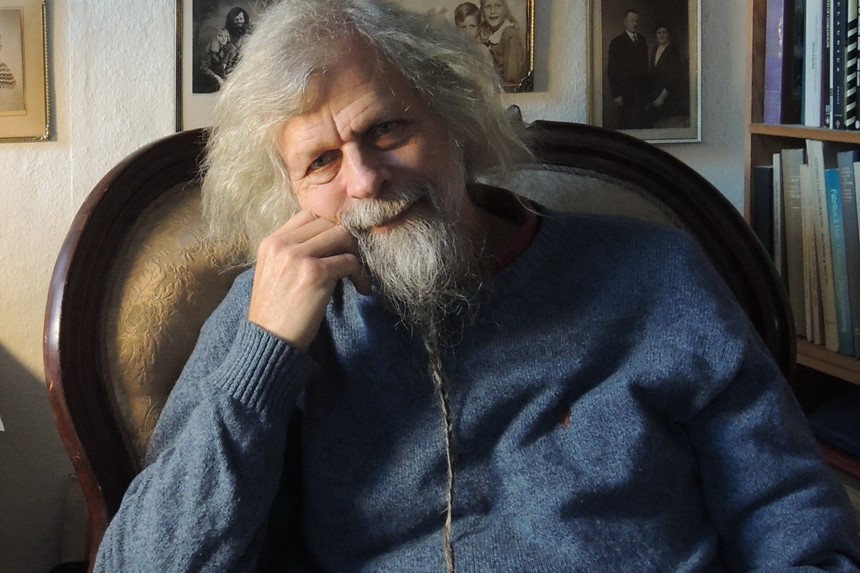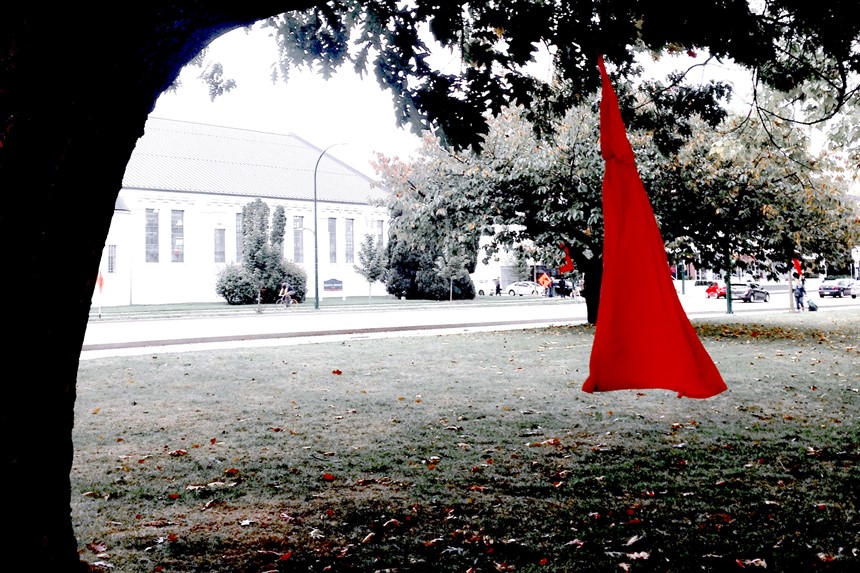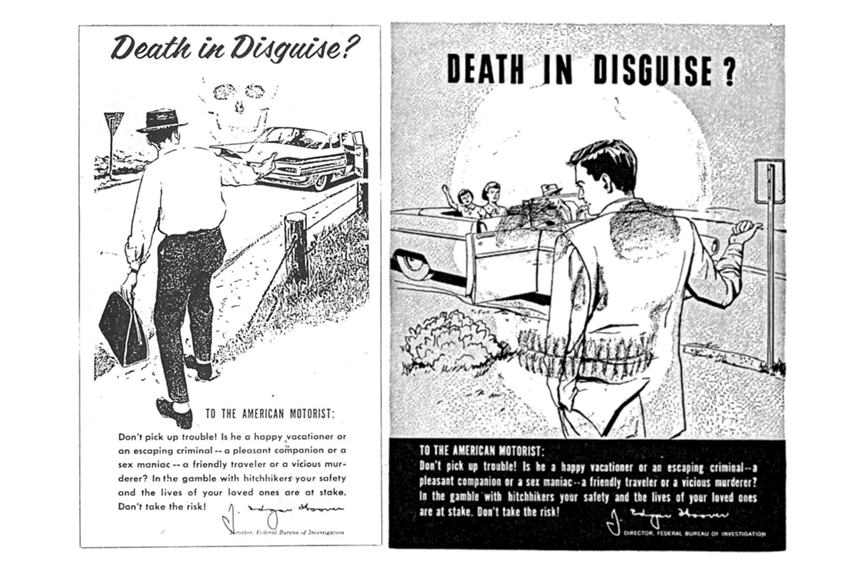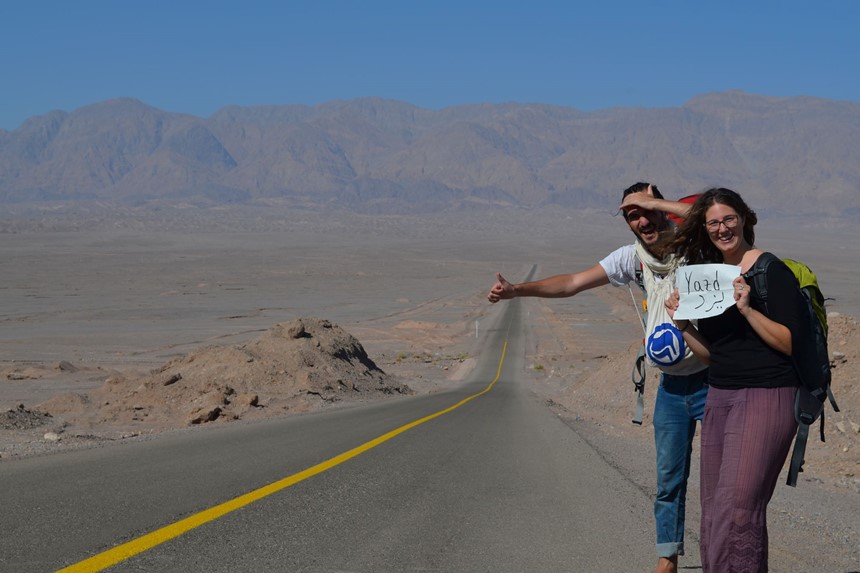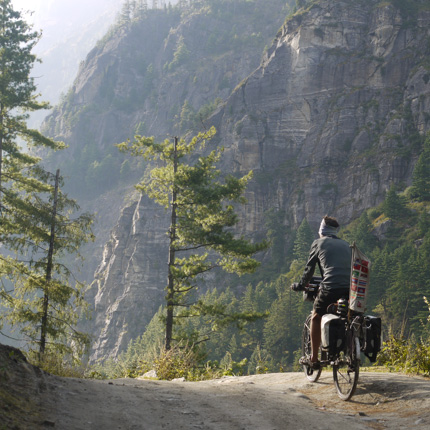Purkis sees particular promise in Poland’s ‘Social Autostop Committee’ model, founded in 1957 to encourage postwar hitchhiking through coupons that drivers can recoup and enter into a lottery draw. Seen as a way to channel young energy and encourage postwar national togetherness, an estimated 35,000 hitchhikers used it per year until it eventually folded in 1995 (although many purists opted out).
In practice any such model today would struggle to compete against carpooling services, through which drivers receive a payment for giving rides. This dilutes the generosity and spontaneity of the interaction, but still brings many of the same benefits: social interaction, affordable travel, fewer cars on the road. Indeed, getting people back out tumbling on the roadside may not be the most important aim, even if it were possible. Purkis’ main concern is that car travel is less individualised, polluting and consumerist. And carpooling ticks these boxes. An evolution of hitchhiking culture, carpooling still models a more collective way of organising socially and economically. As hitchhiking declines, that energy moves elsewhere and helps seed comparable practices. “If society impacts on the edge of a balloon, you just displace the air” Purkis says.
So where else does the air go?
Into other ‘institutions’ of the trust-based economy, is one answer. “Think about couchsurfing,” Purkis says. “Couchsurfing is basically hitchhiking! It involves the same levels of trust and below-the-radar economics and politics.” Hitchhikers are one of the key constituents across an ecosystem of related initiatives: Trust Roots, a hosting site; Warm Showers, for cycle tourers; Couchers, the new, non-commercial usurper of Couchsurfing.
Many such platforms, like hitchhiking itself, are firmly rooted in a free, open-source, decentralised ethos. For better or worse, Couchsurfing’s decision to become a for-profit company, and most recently to introduce a membership, has seen it haemorrhage users. Couchers pledges to be “Free forever. Community‑led. Non‑profit. Modern.”
These initiatives, in turn, connect to broader conversations around mutual aid and collectivism, and to movements like the platform cooperativism movement, which aims to build democratically managed platforms to challenge extractive models like Airbnb. As our need to exchange economic growth for more circular, local, cooperative models intensifies, we need such experiments. And hitchhiking, more than other forms of adventure, leads to those conversations, rebuffs business as usual.



